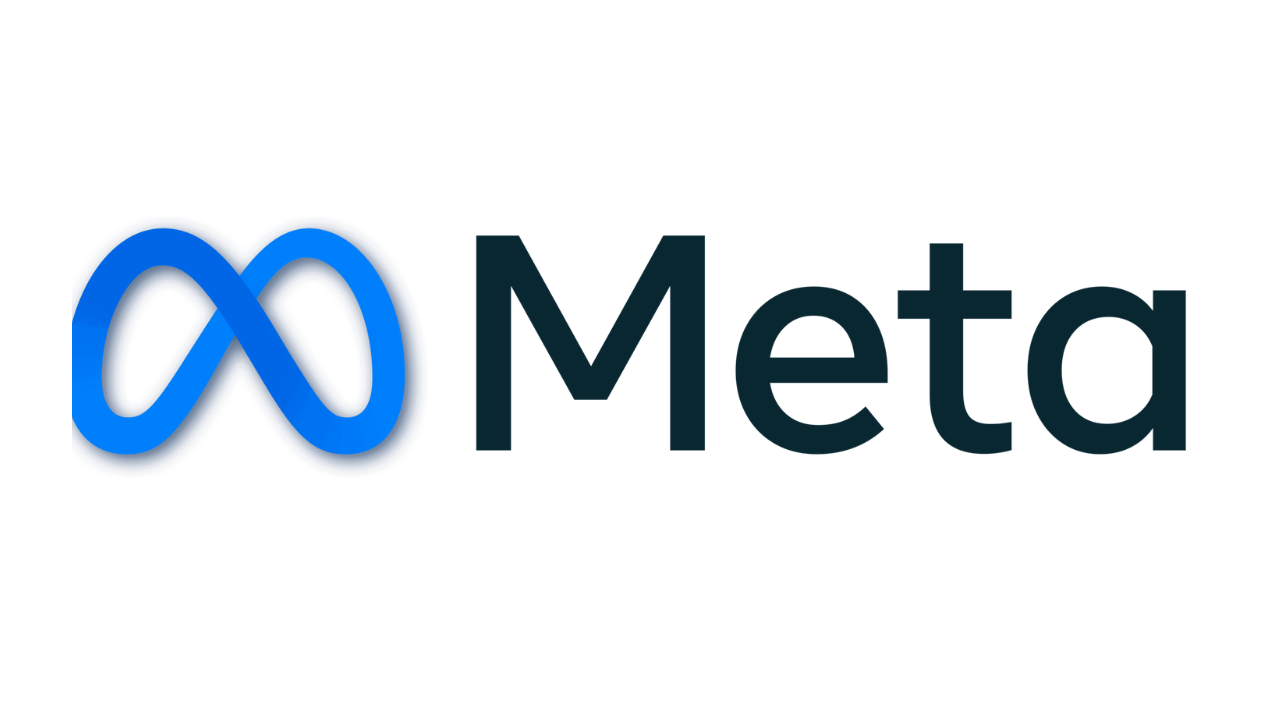This incident plays a pivotal role in the ongoing global conversation about data privacy and the ethical responsibilities of tech companies when it comes to user data. It underscores the critical need for clear and transparent agreements regarding data sharing.
Formerly Facebook, Now Meta: South Korea Fines Upheld for Unauthorized Sharing of User Data
The Fine and Complaint: A 7.8 Billion USD Fine Back in November 2020, the Personal Information Protection Commission (PIPC) levied a hefty fine of 7.8 billion won (approximately $5.78 million) against Meta Platforms Ireland (formerly Facebook). This penalty was imposed following an investigation that revealed the unauthorized sharing of personal information belonging to more than 3.3 million South Korean Facebook users out of a total of 18 million. The illicit data sharing occurred between May 2012 and June 2018.
In response to the PIPC’s fine, Meta filed a complaint, asserting that the data sharing had occurred with the consent of users and that the company had not coerced them into sharing their information.
The Court’s Ruling: Deficiency in User Information Nonetheless, on October 26th, the Seoul Administrative Court ruled against Meta. The court determined that Meta’s users had not been adequately informed about relevant legal notices, and the company had unfairly benefited from this practice.
The PIPC’s investigation further revealed that when a user accessed another operator’s service through Facebook login, the personal information of the user’s Facebook friends was shared with third-party operators. This shared information included details about the users’ academic background, family, and marital status.
Furthermore, the watchdog accused Meta of obstructing the investigation by submitting data belatedly and providing false documents.
The Implications: Upholding Data Privacy Standards This ruling establishes a significant precedent for data privacy in South Korea, underscoring the importance of informed consent and the responsible management of users’ personal information. It highlights the potential repercussions for companies when these standards are not met and users’ data is mishandled or shared without their knowledge.
Meta is now tasked with adhering to the court’s decision and may need to review its data-sharing practices in South Korea and beyond to avoid encountering similar legal challenges in the future.
Data Privacy Challenges
This case is a pivotal element in the larger worldwide dialogue on data privacy and the obligations of tech companies regarding users’ personal information. It emphasizes the necessity of well-defined and transparent data-sharing agreements, as well as the significance of user consent, particularly in instances involving third-party data sharing.
Countering Data Breaches and Privacy Concerns
Amid the ongoing prevalence of data breaches and privacy concerns, this verdict underscores the critical role of regulatory bodies in enforcing accountability for data protection breaches. Companies must proactively implement measures to safeguard user data and ensure adherence to privacy regulations to avert legal repercussions and preserve public trust.







